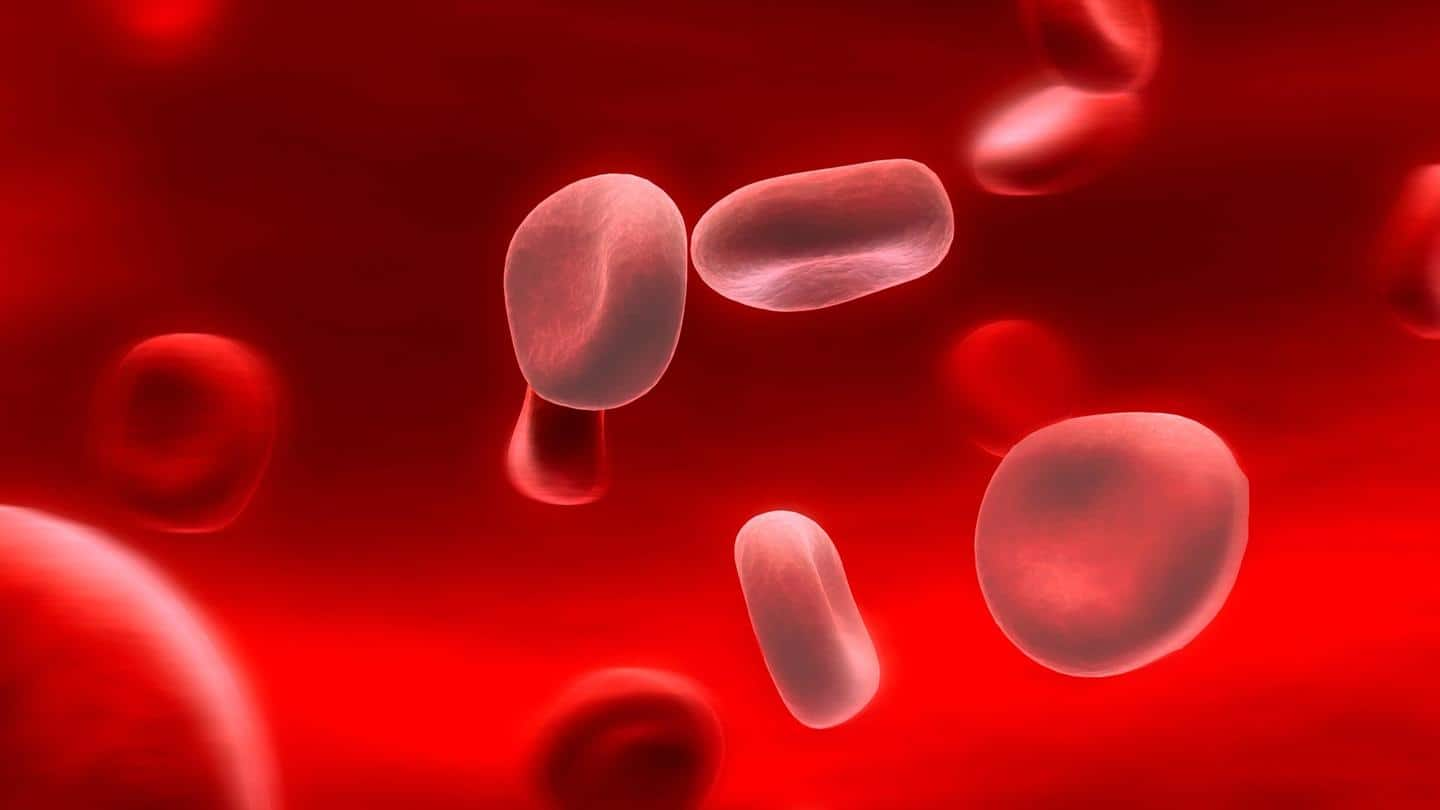
Iron deficiency: How to fight and prevent it
What's the story
Iron deficiency occurs when there is a lack of the mineral iron in our body. It is needed to make hemoglobin that enables red blood cells to carry oxygen in the body. Lack of hemoglobin means that your tissues and muscles won't work effectively, and level of RBC will deplete to cause anemia. Find out how can you fight and prevent this condition.
Iron-rich
Ensure that your diet includes iron-rich food items
The first step to prevent the possibility of iron deficiency is including foods high in iron in your diet. It's also effective in curing the condition. Some good sources of iron include beans, pumpkin and squash seeds, leafy greens, raisins and other dry fruits. Some dark chocolate can be beneficial too. You can also opt for iron-fortified food products like dry and instant cereals.
Vitamin C
Your body needs Vitamin C to absorb the iron
Iron-deficiency anemia can weaken your immune system, making you more prone to infections and inflammatory diseases. Vitamin C can help. Adequate doses of that vitamin not only helps fortify your body from inside, but also absorbs iron at the same time. For Vitamin C, citrus fruits, strawberries, and leafy green vegetables, are great. Just a glass of lemon water every day is also good.
Folate
Increase your folate intake for improved hemoglobin levels
Regular folate intake can ensure that lack of iron doesn't make a drastic change to hemoglobin levels. Folate is a type of Vitamin B that plays an essential part in hemoglobin production. If there is a lack of folate, red blood cells won't mature and thus decrease hemoglobin. Some good sources of folate include spinach, rice, peanuts, black-eyed peas, kidney beans and avocados.
Supplements
Take iron supplement after consulting your doctor
Meanwhile, extremely low levels of hemoglobin are often treated with iron supplements. The dosage can differ from one individual to another, based on their hemoglobin levels. Therefore, consult a doctor to avoid any complication. Supplements will cause levels of iron to increase gradually over a few weeks. A doctor may recommend taking the supplements for several months to increase the body's iron stores.
Treatment
Treating the underlying causes of iron deficiency
If iron supplements don't increase your blood-iron levels, it is likely that the anemia is due to a source of bleeding or an iron-absorption problem that needs further investigation and treatment. Depending on the cause, iron deficiency anemia treatment can range from medication, antibiotics to surgery or blood transfusions, in severe cases. Fixing the underlying cause is important to keep up our body's iron.